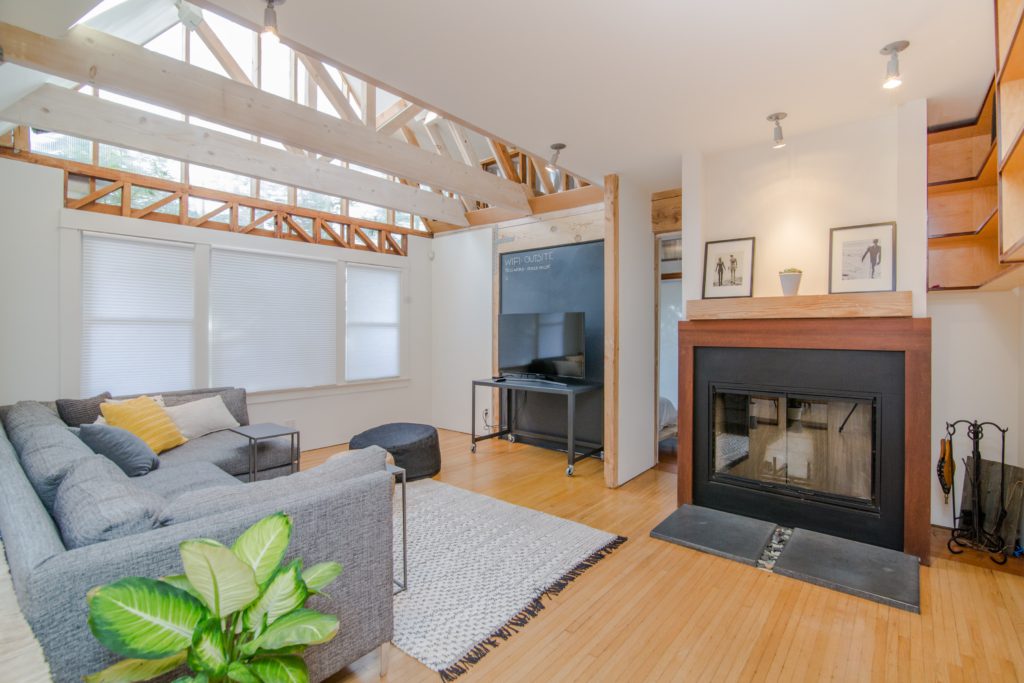Sustainable Living
Short Lets: What To Look For In This Type of Accommodation

Short Lets, (also known as holiday lets or vacation rentals) provide holidayers with that coveted ‘home away from home‘ feeling. Rather than that of a hotel environment.
Short Lets are properties that will be let from a few weeks to a few months. They can be in the form of private homes or serviced apartments. (Clooper Tip: If a tenant wishes to rent for more than six months, we suggest they consider signing a long lease).
A typical short let is a residential tenancy that can last anywhere from a week to five to six months. They are typically fully furnished, with bed and bath, kitchenware, televisions and all-inclusive of council tax, utility bills, TV, and internet bills.
This type of rental is also used by some companies as an inexpensive solution, compared to a hotel for instance. In some instances, they are also popular with adventurous people who just want a feel of somewhere else, and in other times, people in between apartments. The list can go on.
Short term rental is usually more convenient and cost-effective especially for people who are staying for a few weeks or months. You basically just move in and move out without hassle.
A property owner can also choose a short let as a temporary solution to renting his property to generate income. For some, it could be that their property is stalled while they try to sell it: for others, could be that they are going on a trip for a few months. Otherwise, it could be work reasons, and instead of leaving the property empty, a short term let will be a great way to generate income.
There are several reasons to choose this type of accommodation. Corporate tenants, people travelling on business, and even holidaymakers travelling around usually consider short term tenancy. This may give them a sense of home because it is said to be cosier than hotels, which can appear somewhat impersonal.
Apart from individuals, businesses have used short-term tenancy (for clients and staff) to cut costs. The list could go on and on.
So, how do you go about picking the best short lets?
We decided to share a few things to keep in mind. So if you or your company are looking for short-term apartment rentals in London, check this list:
Location
Where do you want to stay? The location is important because it will influence the pricing significantly. London, for example, has distinct boroughs and neighbourhoods, each with its own set of attractions and amenities. Keeping this in mind will help you better research and plan your budget.
Consider transportation options to make commuting easier for you. You don’t want to end up with a seemingly inexpensive option that actually costs you more money in commuting.
Is the price reasonable?
You want to make sure you’re getting good value for your money. So consider the location first as stated above. (London is generally expensive to rent in). The features (are you looking for a terrace with a gym, for example?). And the number of bedrooms, which may assist you in researching and determining how much to pay. Or how to negotiate with the property owner where possible.
What services will you be provided with?
Even though these apartments provide a variety of services, you are better off choosing one with housekeeping/cleaning because most taxes are included in the rental price. Consider the proximity to shopping malls, restaurants, and other amenities.
Keep an eye out for (luxury) add-ons
Look for little extras to make your stay more enjoyable, depending on your budget. Access to on-site gyms, spas, shops, and bars, among other amenities, can make a significant difference.
The ‘Feel’
Is this the place you want to come home to at the end of the day? Minor details such as the ambience and decorations/furnishings can influence whether you like the place or not. So keep an eye out for a location that truly feels ideal. And one that can pass for a home away from home.
Are you ready to go sightseeing in London? Begin by clicking here. Looking for a great place to stay for your next staycation? Sign up now.
This blog post is not intended to constitute legal or financial advice.




